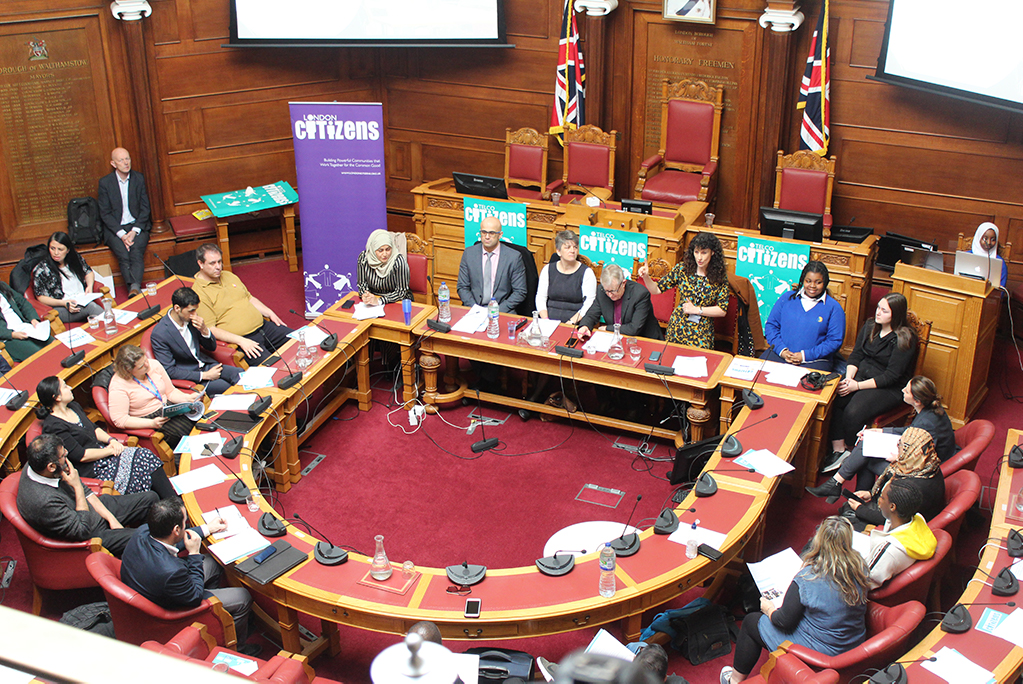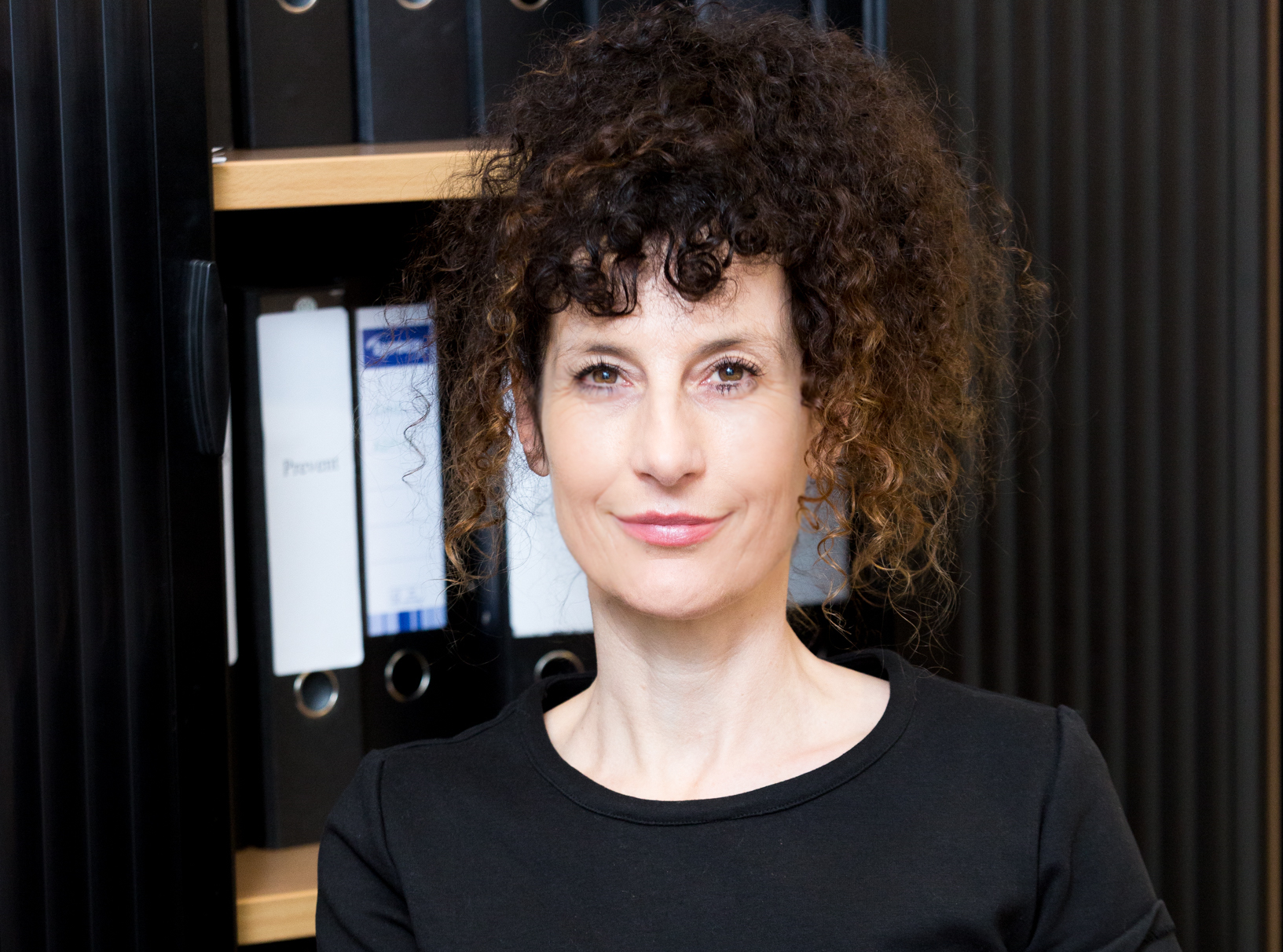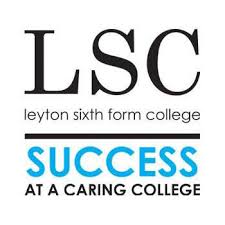Students at east London’s Leyton Sixth Form College have been spearheading efforts to reduce the use of school exclusions in the capital. Principal Gill Burbridge looks at this journey of change and how it has impacted on her leadership, on the college’s work, and beyond.
“The first time I got excluded was really the worst … Particularly at the time, it was hard for me. My mum was really unstable.” Those were the words of Nicole, 17, speaking to BBC’s the World at One, in January last year. She added: “I was excluded from school a few times … I went to a few other schools and then eventually I ended up in a [Pupil Referral Unit] … It was horrible.”
When we listen to young people who have been excluded from mainstream education there are often common threads: both in terms of causal factors and emotional and psychological responses. Stories like Nicole’s often show a set of complex needs and a combination of trauma and disadvantage which would leave most adults struggling to cope.
In Nicole’s case, she faced a chaotic and volatile home life; a parent in prison and another with severe mental health issues; homelessness; a childhood diagnosis of type 1 diabetes, but without the familial support to manage the condition; and periods of upheaval in and out of the care system. It is perhaps no wonder that her capacity to function at school was impeded, nor that by her early teens she was fast-tracked through an all too familiar process which ended in her permanent exclusion and placement in a residential children’s home.
Despite these overwhelmingly negative experiences, Nicole retained a desire and capacity to learn and an unwavering belief that education was important.
Gill Burbridge
Despite these overwhelmingly negative experiences, Nicole retained a desire and capacity to learn and an unwavering belief that education was important. With relentless determination, she fought to be returned to school in time to take her GCSEs and progress to college.
I met Nicole after she joined Leyton Sixth Form College (LSC), and students and staff became involved – through our membership of Citizens UK – in a campaign for greater investment in strategies to tackle youth violence. Extensive research, including one-to-one conversations and small group meetings with a total of almost 1,200 people, highlighted how school exclusions and significant adverse childhood experiences – such as abuse, neglect or domestic violence – contribute significantly to knife and gun crime and gang membership amongst teenagers.
Nicole’s early teenage years had brought her to the periphery of gang culture and into association with both victims and perpetrators of knife attacks. She generously, and with increasing confidence, shared her story at citizens’ assemblies, educational conferences and through the media. Her testimony resonated with many within and beyond the college community. It was both a compelling articulation of lived experience but also a call to action, a call which we have tried to answer in a number of different ways.
The most far-reaching of these actions took place almost exactly a year ago, when LSC hosted a youth-led summit on exclusion. This event was planned and implemented by four second year A Level students at the college: Aqsa, Chloe, Rezwana and Tamzin. They had no direct experience of exclusions themselves, but they were deeply troubled, not only by Nicole’s testimony, but by the scale of the issue and the number of children whose life chances were being jeopardised. As young people from a working class or black, Asian and minority ethnicity (BAME) background, they also shared a recognition that the education system, as it stands, had not been created with them in mind.
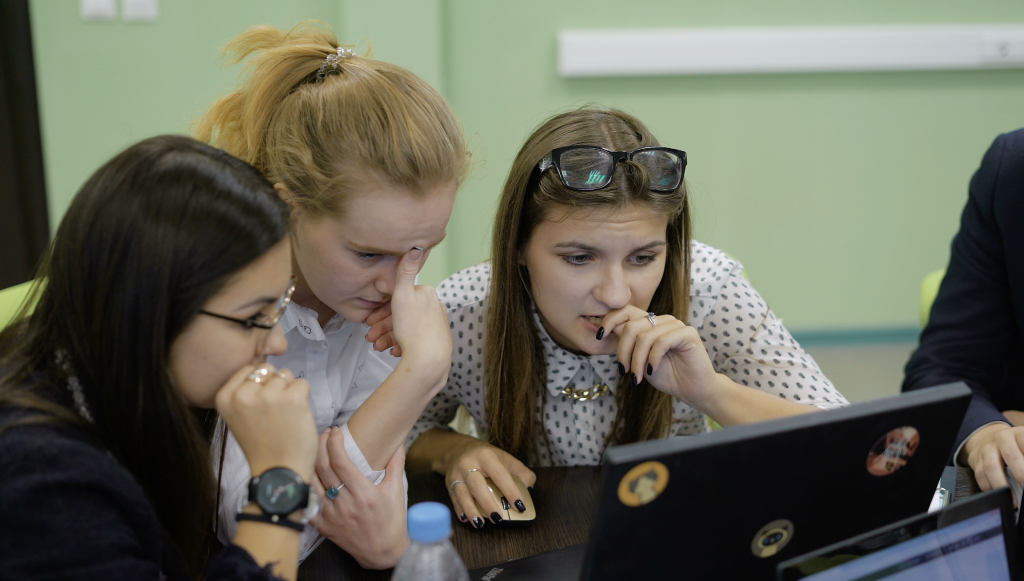
Group of students working at a laptop together
The organisation of the event, which was attended by 120 people, was a major undertaking. It involved inviting an audience of key stakeholders; engaging with the media; organising speakers, including young people who had experienced exclusions and charities committed to providing support for children and their families; networking with the council and the Greater London Authority (GLA). The A Level students also used this platform to raise the issue of the far less visible level of exclusions within post-16 education, such as colleges.
This event, and the ripple effect of further activity that it created, provoked new learning and a clarity of purpose for many of us involved. For instance, it is where EachOther would come to meet Kadeem and Jordane – two young people whose experiences of exclusion are featured in its forthcoming documentary Excluded.
At a follow-up event hosted by Kings College, it was clear that there was a real appetite for schools and colleges to work together collaboratively to find new approaches and to learn from existing practice. This shared commitment, and the urgent need to tackle unacceptably high levels of exclusion in London, has been raised in extensive conversations with the Violence Reduction Unit (VRU) and the Mayor’s Office.
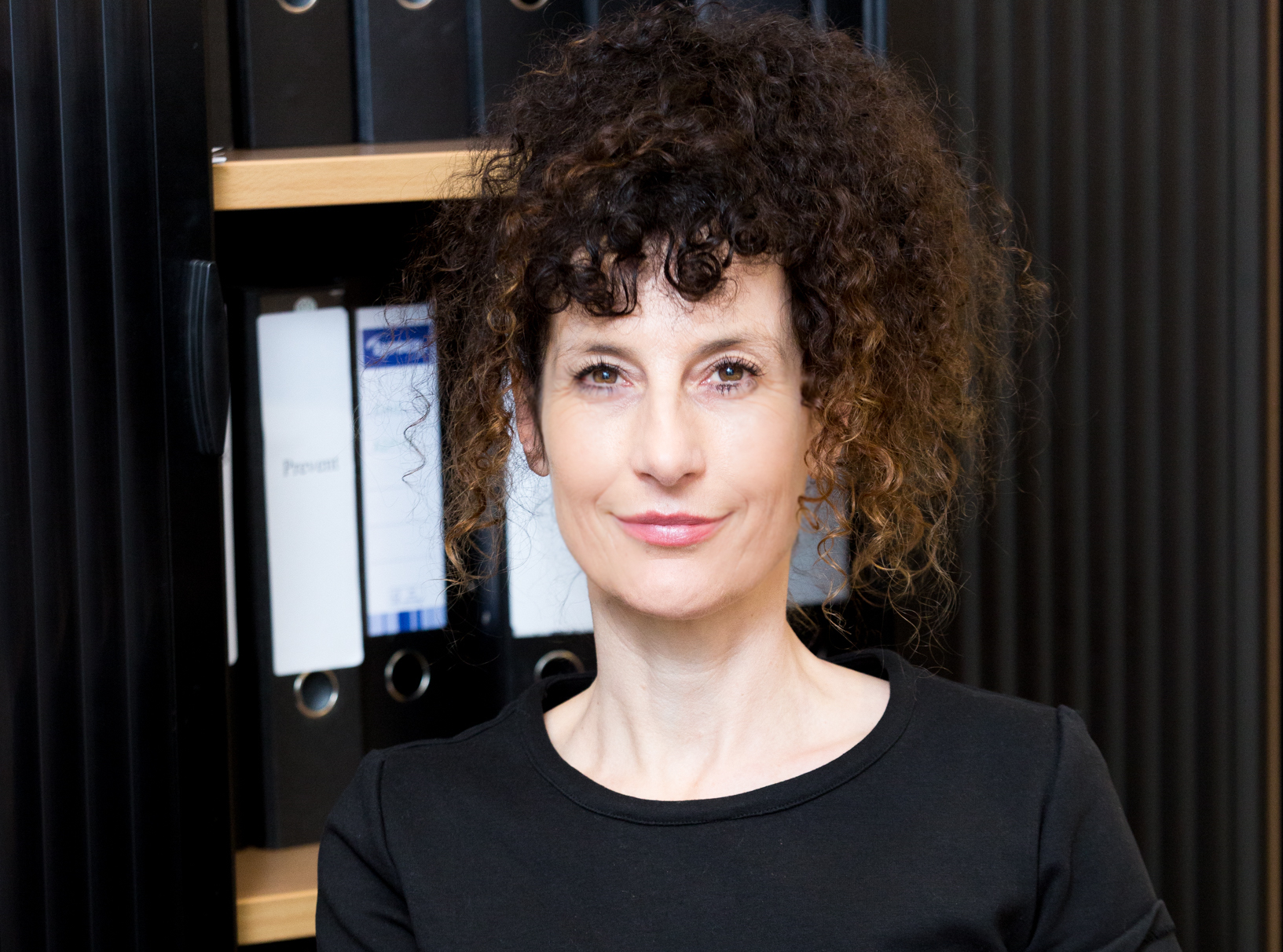
Leyton Sixth Form College’s principal Gill Burbridge. Credit: Supplied
As a leader in education, I have also been challenged to do more.
Gill Burbridge
The four students who organised such an impressive event were changed by it and their commitment to social justice was sharpened even further. They also inspired other students to recognise their own agency and their right to be heard. As a consequence, 15 first year students who attended the summit worked with social enterprise Leaders Unlocked to develop a training programme for staff aimed at reducing exclusions. This training was designed and delivered by students and focused on managing classroom behaviour to minimise confrontation and prevent escalating disciplinary processes that could result in exclusion.
As a leader in education, I have also been challenged to do more. At a local level, I have used my membership of the Waltham Forest Head Teachers Advisory Board to shine a light on exclusion rates within the post-16 education sector. I have worked with staff on promoting unconditional positive regard, an approach which values individuals without judgment, and rooting everything we do in the fundamental belief that every young person matters. I am extending my own knowledge and strategic thinking through undertaking the Inclusive Leadership Course with charity The Difference and an MA in Inclusive Practice in Educational Leadership through the Open University.
And what of Nicole, whose story was the catalyst for change? Despite some ongoing challenges, Nicole has continued to speak for those at the margins. She joined On Road, a charity that tackles social problems by improving media coverage of misrepresented groups and issues, and she became a Young Advisor for Waltham Forest Council. This summer she successfully completed her A Levels at LSC and is now at King’s College London studying social sciences.
___________

